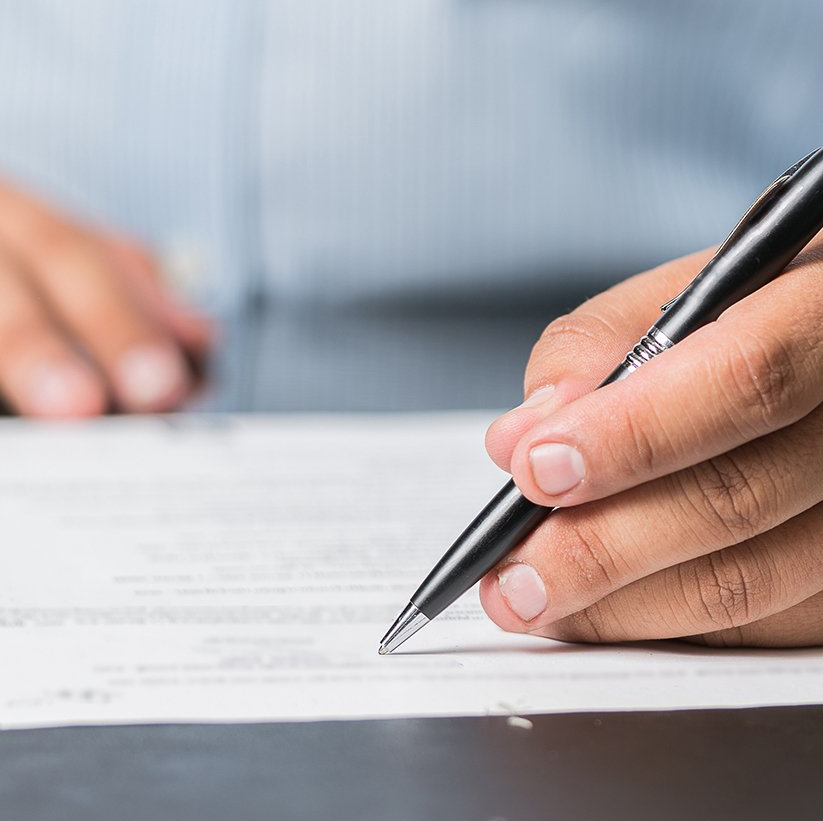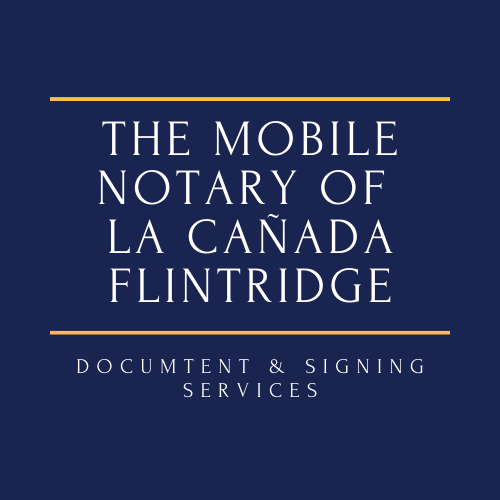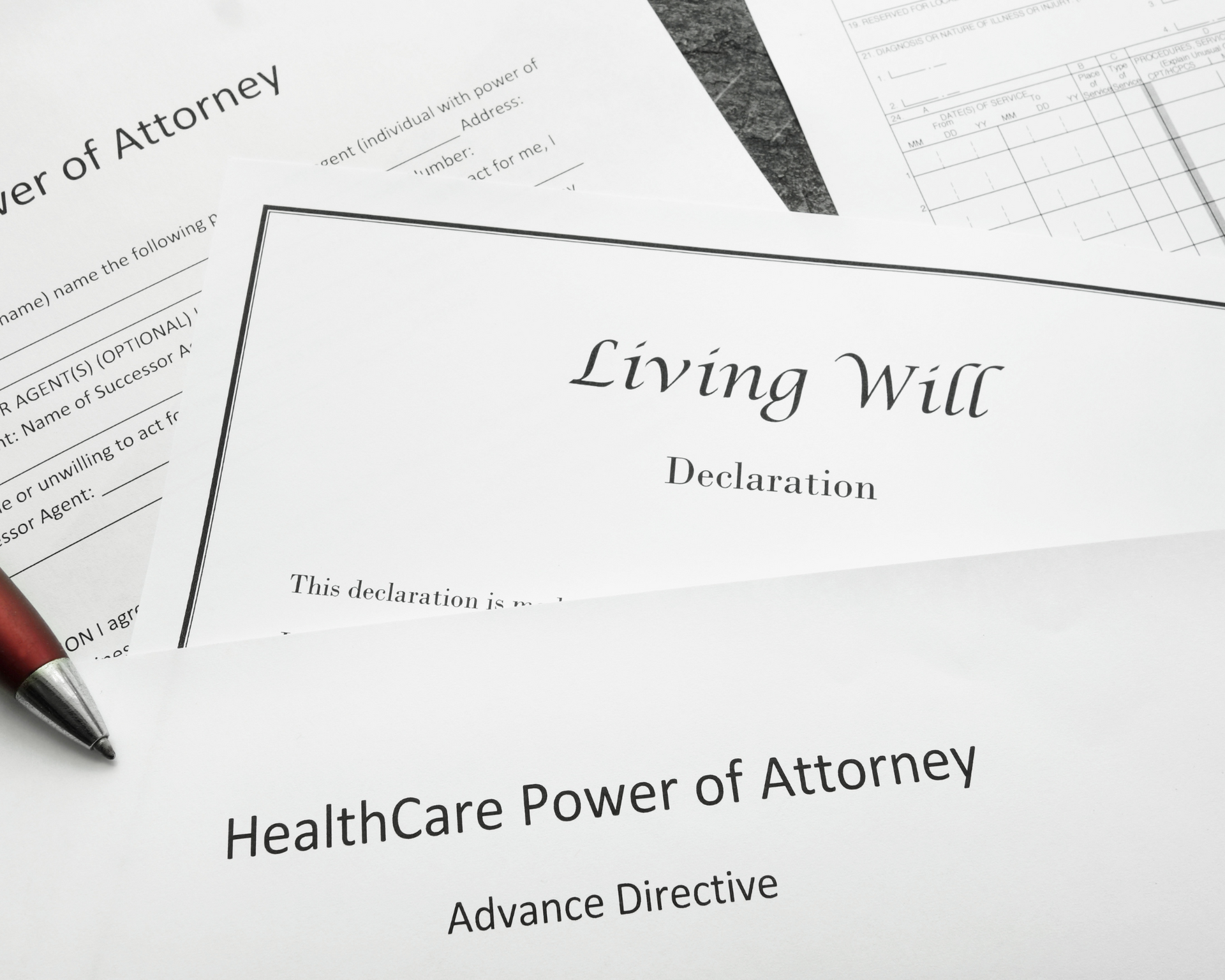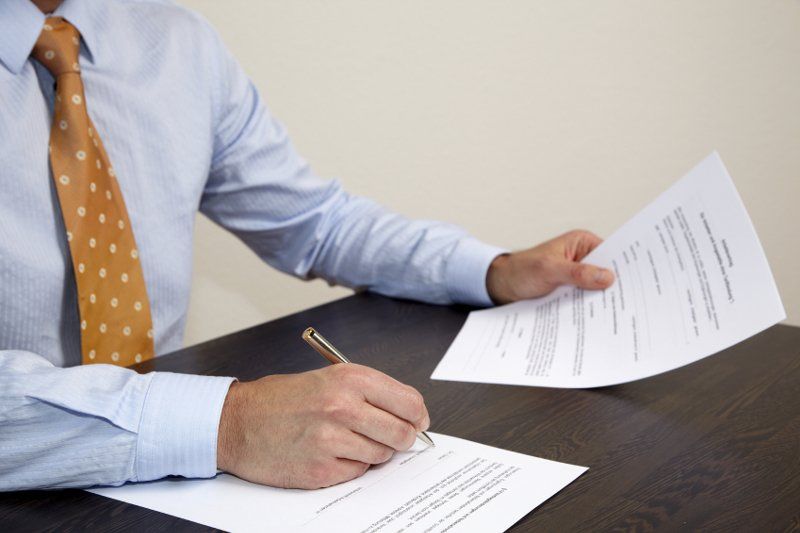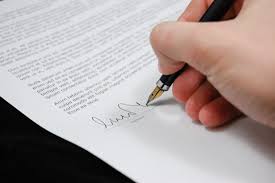Can A Notary Public Marry People?
State Laws And Requirements Explained
Often people wonder if a notary public can legally perform marriage ceremonies. While notaries serve important roles in witnessing signatures and verifying identities, their authority varies by location. In most U.S. states, notaries cannot perform marriages unless they hold additional credentials or certifications beyond their notary commission. A standard California Notary Public cannot legally perform a marriage ceremony. California law does not authorize Notaries to solemnize marriages as part of their commissioned duties. To get married in California, you will need an authorized officiant like a priest, minister, judge, or court official, or you can choose self-solemnization, where you and your partner marry each other.
We see significant differences in marriage officiant requirements across jurisdictions. In Florida, Maine, and South Carolina, properly certified notaries can conduct wedding ceremonies. Other states maintain strict limitations on who can solemnize marriages, typically restricting this authority to religious officials, judges, or specifically designated civil servants.
Before selecting a notary to officiate your wedding, we recommend checking your state's specific laws. This prevents potential legal complications and ensures your marriage will be recognized as valid under local statutes. A quick call to your county clerk's office can provide clarity on approved officiants in your area.
Understanding the Role of a Notary Public
A notary public serves as a state-appointed official who acts as an impartial witness in important document signings and transactions. These officials verify identities and ensure proper execution of legal documents to prevent fraud.
Official Duties of Notaries Public
Notaries witness signatures on legal documents and verify signers' identities through government-issued photo IDs. We confirm that signers appear willingly and understand what they're signing.
Notaries maintain detailed records of their official acts in a notary journal or logbook. Each entry includes dates, document types, and signer information.
The primary notarial acts include:
- Taking acknowledgments
- Administering oaths and affirmations
- Taking depositions
- Certifying copies of documents
Notarial Acts and Legal Limitations
Notaries must operate within strict legal boundaries defined by state laws. They cannot provide legal advice or prepare legal documents.
Most states prohibit notaries from choosing, drafting, or completing legal forms for clients. This restriction helps prevent unauthorized practice of law.
A notary's authority typically extends only within their commissioned state's borders. Some states allow remote online notarization, with specific technical and legal requirements.
Common Misconceptions About Notary Powers
Many people incorrectly believe notaries can provide legal advice or representation. This is strictly forbidden in all states.
The notary's seal or stamp doesn't make a document legal - it only verifies the identity of signers and witnesses their signatures.
Common misunderstandings include:
- Notaries can't draft legal documents
- A notarized document isn't automatically legal or valid
- Notaries don't verify document contents
- Notarization doesn't guarantee contract enforceability
Marriage Ceremonies and Legal Authority
Marriage officiation requires specific legal authority granted by state laws and regulations. Different states maintain distinct rules about who can perform legally binding marriage ceremonies.
Who Can Legally Officiate a Marriage
Religious leaders, including ministers, priests, rabbis, and imams, possess the authority to perform marriages in all U.S. states.
Judges, justices of the peace, and court magistrates can conduct civil marriage ceremonies through their government positions.
Some states grant marriage officiation powers to mayors, tribal officials, and state legislators. Native American tribal leaders can perform marriages for tribal members.
Distinction Between Notary and Officiant Roles
Most states do not permit notaries to perform marriage ceremonies. Florida, Maine, South Carolina, and Montana are notable exceptions where notaries hold marriage officiation powers.
A notary's primary role involves witnessing signatures and verifying identities, not conducting ceremonies. Marriage officiants focus specifically on performing wedding ceremonies and ensuring compliance with state marriage laws.
Legal Requirements for Marriage Officiants
Marriage officiants must register with their state or county clerk's office in many jurisdictions. They need to provide proof of their authority, such as ordination credentials or government position.
Officiants must verify the couple's marriage license and ensure all legal requirements are met before performing the ceremony.
After the ceremony, officiants must complete and submit marriage certificates within state-mandated timeframes. Failure to follow these requirements can invalidate the marriage.
States Where Notary Publics Can Perform Marriages
Several U.S. states do explicitly authorize notaries public to perform marriage ceremonies, with each state maintaining specific requirements and limitations for these services.
List of States Granting Notary Marriage Powers
Florida, Maine, Montana, Nevada, and South Carolina currently permit notaries to officiate weddings.
Florida notaries can perform marriages throughout the state after completing a basic civil ceremony training.
Maine implemented notary marriage authority in 2019, allowing notaries to perform ceremonies statewide.
Nevada requires notaries to obtain a separate Certificate of Permission before conducting marriages.
South Carolina and Montana grant marriage authority to notaries automatically upon receiving their commission.
Specific Conditions and Restrictions
Notaries must verify the marriage license is valid and current before performing any ceremony.
The couple must present valid government-issued photo identification to confirm their identities.
Most states require the ceremony to occur within their geographical boundaries.
The notary must complete the marriage certificate and return it to the appropriate county clerk within the specified timeframe, typically 10-15 days.
Process for Notaries to Officiate Weddings
Notaries must first ensure their state commission is active and in good standing. Some states require completion of additional training focused on marriage ceremonies and civil unions.
The notary should maintain detailed records of each ceremony performed, including copies of marriage licenses and certificates.
Required fees vary by state, with Florida capping notary marriage fees at $30 and Nevada allowing market-rate pricing.
After the ceremony, notaries must sign and seal all required documentation using their official notary stamp.
Steps for Notary Publics to Officiate a Marriage
Notaries must complete specific legal requirements and follow precise procedures to perform marriage ceremonies in states where they have this authority. The process involves obtaining proper credentials, verifying marriage licenses, and submitting official documentation.
Application and Registration Procedures
Before officiating marriages, notaries must obtain special authorization through their state's governing authority. Many states require completion of a specialized marriage officiant course.
The application typically includes a background check, proof of current notary commission, and payment of registration fees. These fees range from $25 to $100 depending on the state.
We recommend maintaining detailed records of your authorization and keeping copies of all marriage-related credentials. Most states require renewal of marriage officiant authority every 2-4 years.
Marriage License Certification
Notaries must verify the couple's marriage license before performing the ceremony. Check that all required information is complete and accurate.
Both parties must present valid government-issued photo identification. Compare signatures on IDs with those on the marriage license.
Document examination should occur at least 24 hours before the ceremony. This allows time to resolve any discrepancies or obtain corrected documentation if needed.
Completing and Filing Marriage Documents
After the ceremony, fill out all sections of the marriage certificate with clear, legible writing. Include the date, time, location, and names of witnesses.
Sign the certificate using your official notary signature and apply your seal in the designated area. Make copies for your records before submitting originals.
Submit completed marriage documents to the appropriate county clerk's office within the state-mandated timeframe, usually 10-15 days after the ceremony.
Provide the newlyweds with information about obtaining certified copies of their marriage certificate from the county clerk's office.
Legal and Ethical Considerations
Notary publics who perform marriages must navigate specific legal requirements and maintain high ethical standards while managing potential risks and liabilities.
Compliance With State and Local Laws
We must note that each state maintains distinct laws regarding notary authority to perform marriages. Some states explicitly prohibit notaries from conducting marriages, while others grant this power through specific certifications.
In Florida and Maine, notaries hold clear legal authority to officiate weddings. South Carolina requires additional registration with vital statistics offices before performing ceremonies.
Notaries must verify their state's requirements and obtain necessary credentials before conducting any marriage ceremonies. This includes checking local county regulations and maintaining current notary commissions.
Potential Liabilities and Risks
Professional liability insurance becomes essential for notaries who perform marriages. This coverage protects against claims of improper ceremony execution or documentation errors.
We recommend careful verification of couples' identification and marriage licenses. Notaries face legal consequences for knowingly marrying individuals with invalid documentation.
Record-keeping practices must be meticulous. This includes maintaining copies of marriage licenses, ceremony scripts, and witness information.
Ethical Practices in Performing Marriages
Notaries should treat all couples with equal respect and dignity, regardless of their backgrounds. Professional boundaries must be maintained throughout the process.
Clear communication about fees, services, and ceremony options helps establish trust. We advise providing written agreements outlining all terms and conditions.
Religious or personal beliefs should not interfere with professional duties. If a notary feels unable to perform a ceremony, they should refer the couple to another qualified officiant.
Confidentiality remains crucial - personal details about couples should never be shared without explicit permission.
Alternatives to Notary-Officiated Marriages
Multiple qualified professionals and officials can legally perform marriage ceremonies in most jurisdictions across the United States, each offering distinct advantages for couples planning their special day.
Other Authorized Marriage Officiants
Religious leaders like ordained ministers, priests, rabbis, and imams regularly conduct marriage ceremonies for their congregations and sometimes for non-members.
Judges at various levels - from municipal court judges to supreme court justices - possess the legal authority to officiate marriages.
Many states allow mayors and other elected officials to perform wedding ceremonies within their jurisdictions.
Ship captains can legally marry couples in some states and international waters, though specific regulations vary by location.
Some states recognize ordained ministers from online churches, though couples should verify local laws before choosing this option.
Benefits and Drawbacks of Different Types of Officiants
Religious officiants create ceremonies rich in traditional customs and spiritual meaning, making them ideal for couples seeking a faith-based wedding.
Judges and elected officials typically offer straightforward, efficient ceremonies perfect for couples wanting a quick civil marriage.
Religious leaders may require premarital counseling or church membership, which can add time and cost to the wedding planning process.
Government officials often have limited availability and may only perform ceremonies during business hours at specific locations.
Ship captains provide a unique wedding experience but may have strict requirements about vessel location and passenger capacity.
Online-ordained ministers usually offer the most flexibility in ceremony style and location, though some jurisdictions don't recognize their authority.
Key Takeaways and Final Thoughts
We've learned that most notaries public cannot perform marriage ceremonies in the United States, with a few notable exceptions. Marriage officials must be specifically authorized by state law.
Only three states - Florida, South Carolina, and Maine - allow notaries to officiate weddings as part of their regular duties. Each state has specific requirements and procedures notaries must follow.
Notaries in these states must maintain proper documentation and follow strict protocols when performing marriage ceremonies. They need to verify identities, ensure all paperwork is complete, and submit marriage records to appropriate authorities.
For couples seeking a notary-officiated wedding, checking state laws is essential. Even in states that permit it, notaries may need additional certifications or appointments beyond their standard notary commission.
Important Requirements for Notary-Officiated Marriages:
- Valid state authorization to perform marriages
- Current notary commission in good standing
- Proper marriage documentation and forms
- Compliance with state-specific marriage laws
- Verification of couple's eligibility to marry
We recommend couples research their state's specific requirements and consult with qualified notaries before planning a notary-officiated wedding ceremony.
The LCF Mobile Notary Blog

